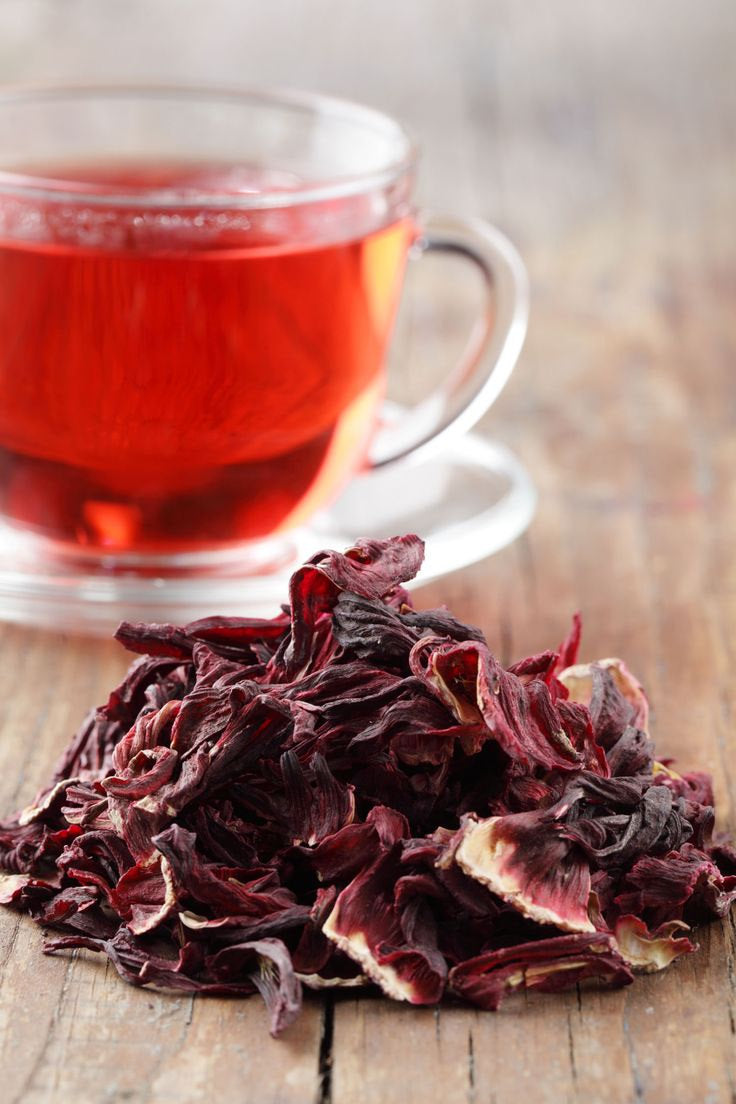Hibiscus Flower Petals Whole - ORGANIC - 2 ounces
Hibiscus Flower Petals Whole - ORGANIC - 2 ounces
Couldn't load pickup availability
Each quantity is 2 ounces of ORGANIC dried, whole, hibiscus flowers.
This herb is sold by 2 ounces. For example, if you'd like 4 ounces, please add 2 quantities to your cart.
Hibiscus tea is an herbal tea with many health benefits. The hibiscus flower contains the calyx, which protects and supports the hibiscus plant and is responsible for those health benefits.
Hibiscus tea has a sweet and sour flavor making it the perfect swap for a normally sugar-filled juice or beverage. Its flavor is thought to be similar to cranberry, and it is sometimes referred to as "sour tea." It is rich in anthocyanins, which give it its deep red/magenta color.
* Please research all herbs & herbal products thoroughly before use.










